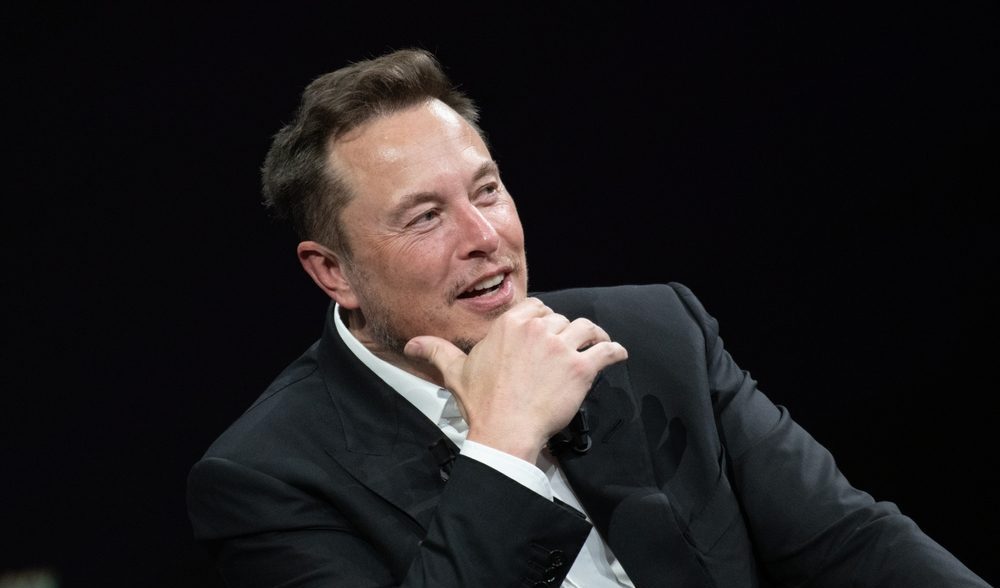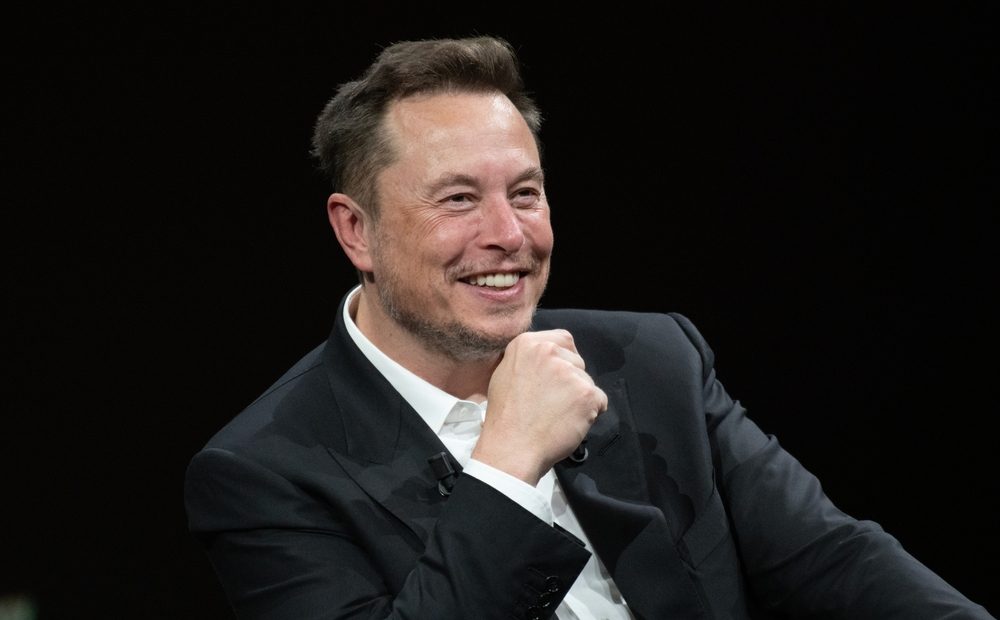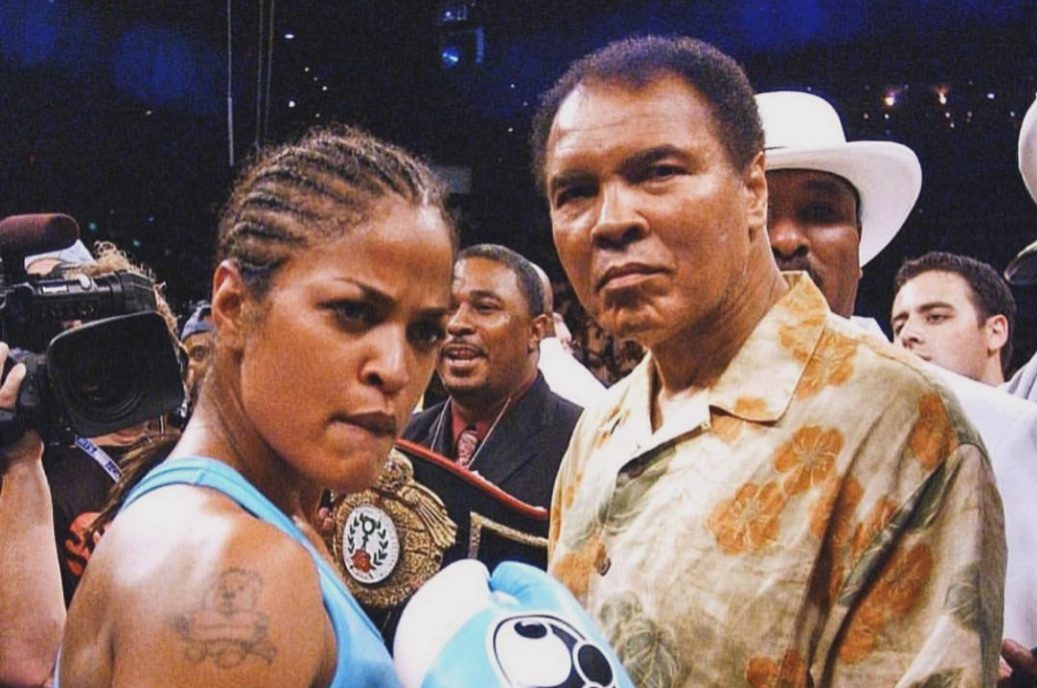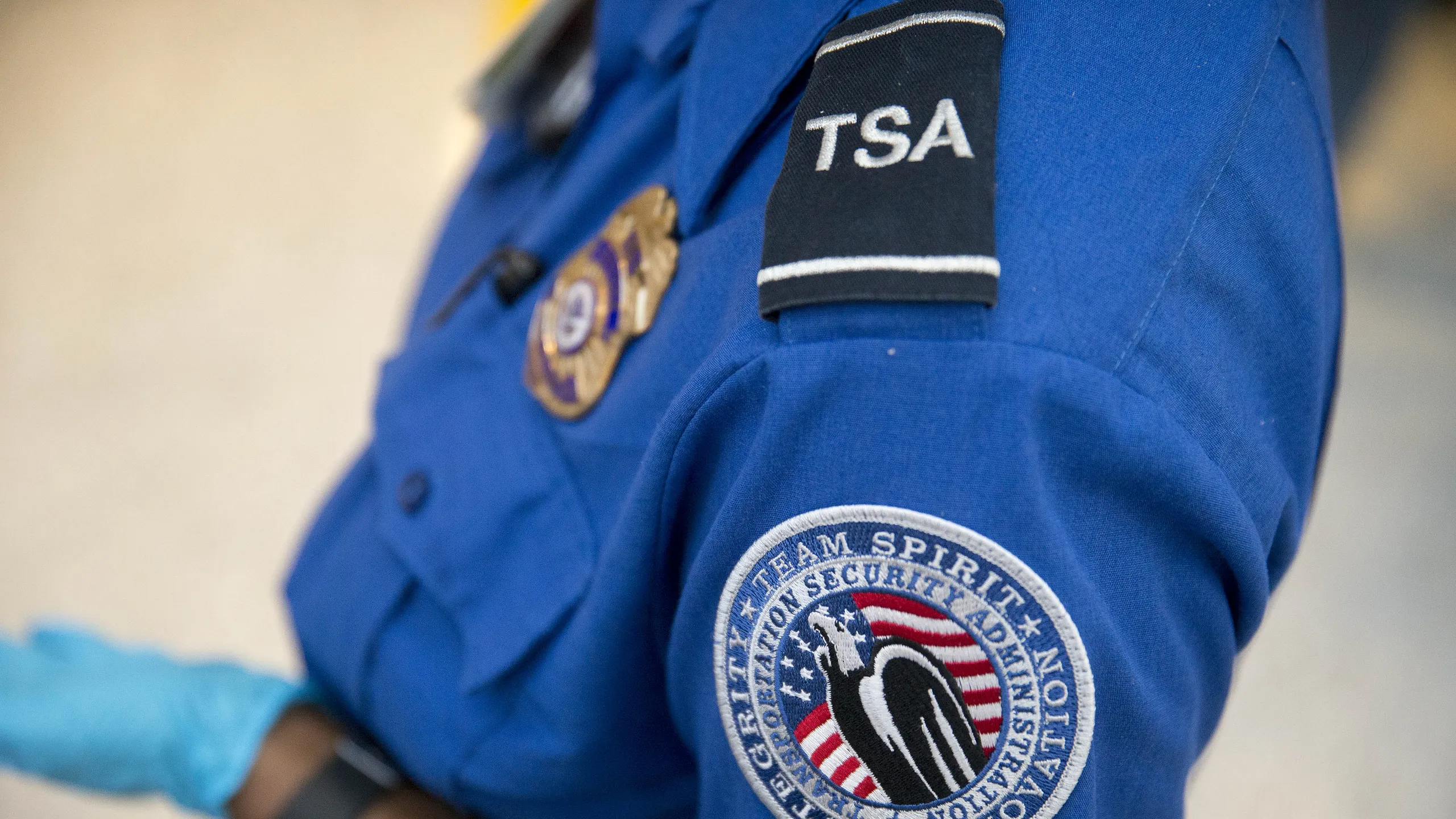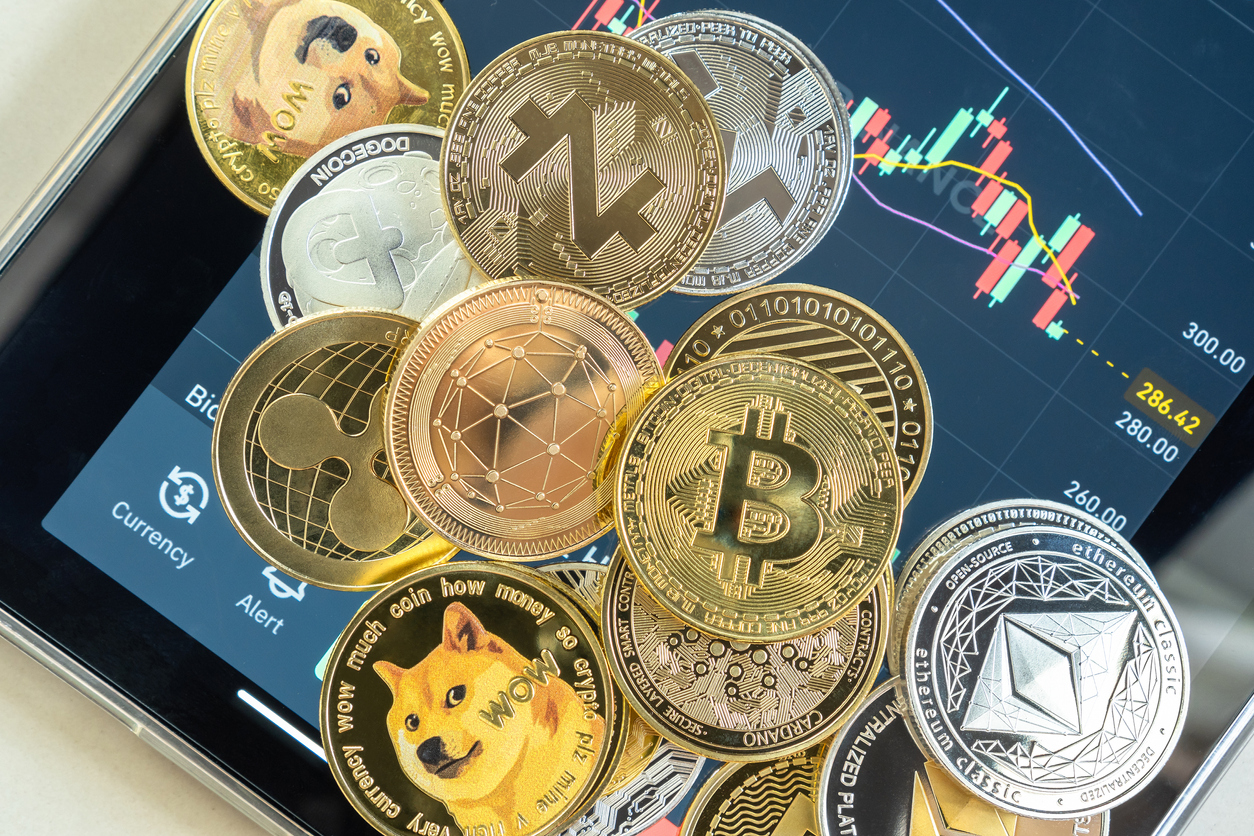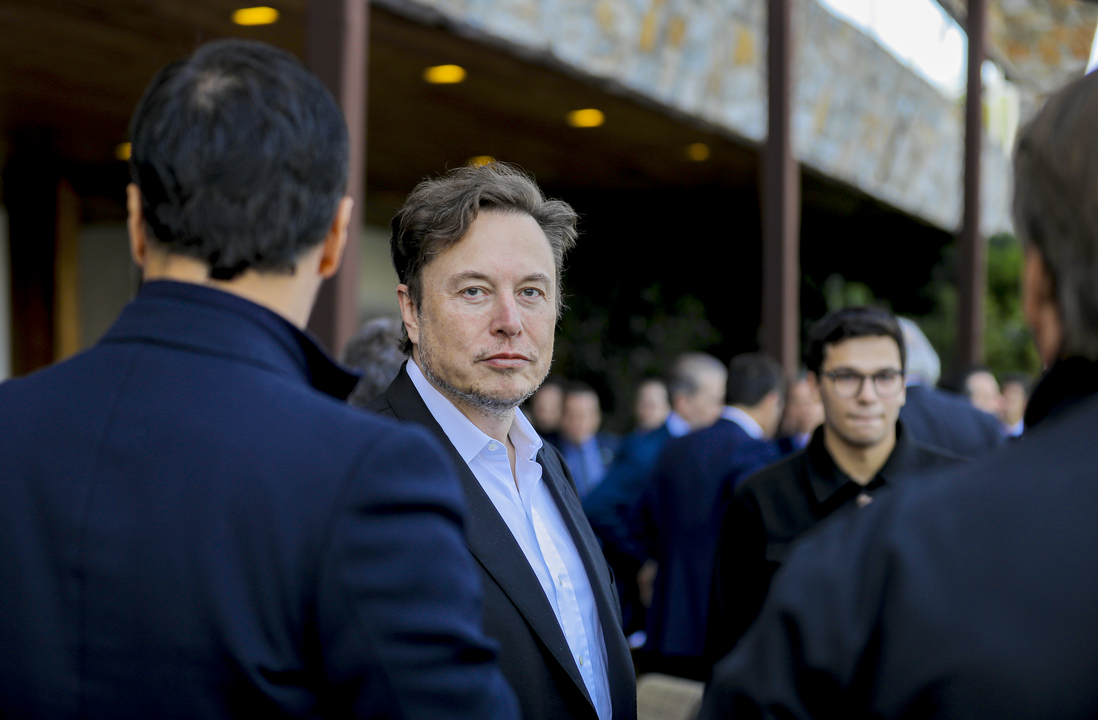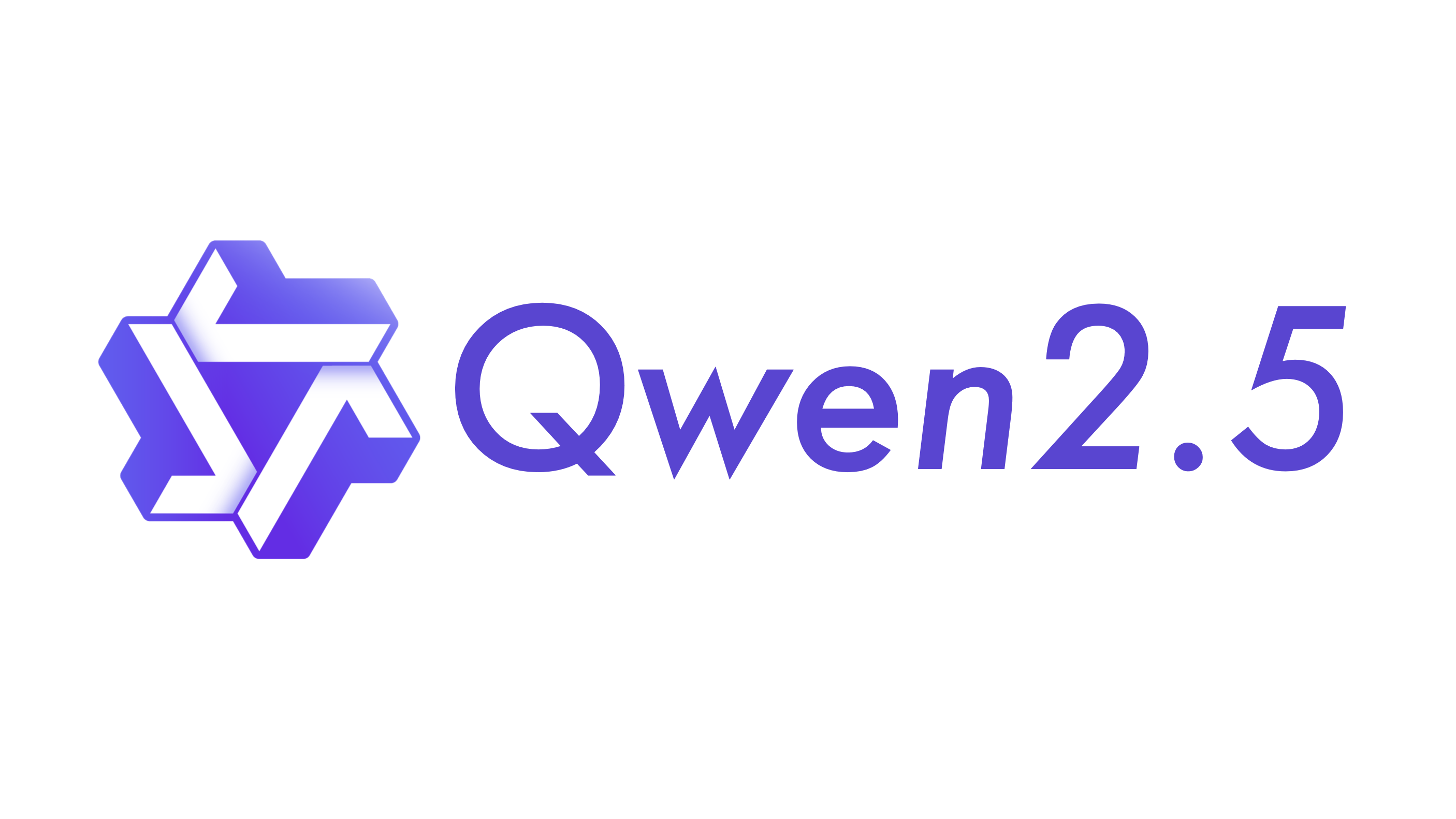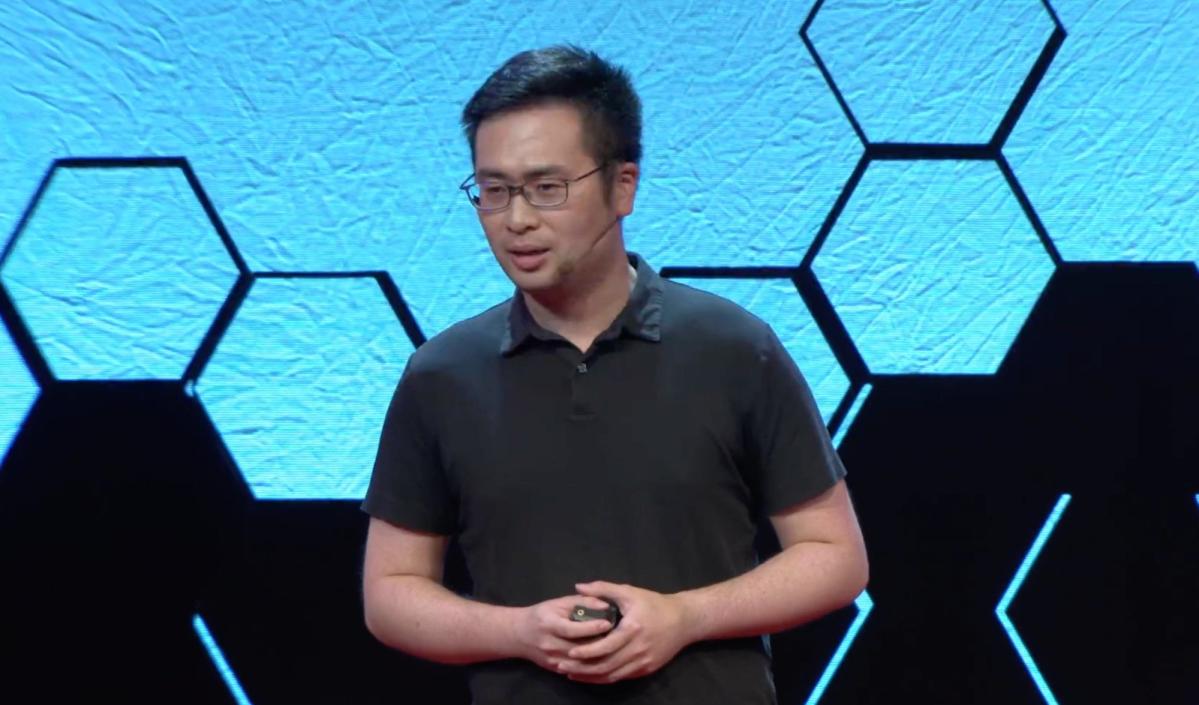Elon Musk's Exit from OpenAI: Why He Sold His Stake and Why He Wants Back In.
Elon Musk’s relationship with OpenAI, the AI research organization he co-founded in 2015, has been complicated, marked by early enthusiasm, a departure, and a more recent attempt to regain influence. The journey from co-founder to adversary and, perhaps, back again, is an intriguing saga that reveals much about Musk’s ambitions, the rapidly changing field of artificial intelligence, and the future of the technology itself.
The Birth of OpenAI and Musk's Vision
OpenAI was founded with the mission to ensure that artificial general intelligence (AGI) benefits all of humanity. Musk, alongside Sam Altman and Greg Brockman, believed that AGI would require massive resources, including substantial computational power, to achieve its full potential. At the inception of the company, Musk was deeply involved, helping secure an initial funding commitment of $1 billion—well above the $100 million that was originally envisioned. Musk's message was clear: OpenAI needed to operate at a scale comparable to tech giants like Google and Facebook to avoid being left behind in the race for AGI.
However, as the organization grew and its ambitions expanded, Musk and the other co-founders began to recognize that achieving AGI would require more than just money—it would need a rethinking of how the company was structured. OpenAI started as a nonprofit, but by 2017, the need for vast compute resources made the founders realize that the organization might need a for-profit arm to attract the capital required for success.
Elon Musk’s Departure from OpenAI
By early 2018, Musk and the other leaders of OpenAI had reached an impasse. Musk proposed that the organization either merge with Tesla (his electric vehicle company) or that he would take full control of OpenAI, including a majority stake and board control. When this proposal was rejected, Musk chose to step away, later expressing doubt about OpenAI’s potential without significant changes. He even claimed that without billions in annual funding, OpenAI had no chance of competing with giants like Google’s DeepMind.
Musk’s decision to leave OpenAI was also driven by ideological differences about how the organization should be structured. He had wanted OpenAI to be much more closely aligned with Tesla, particularly in integrating AI research with Tesla’s autonomous driving systems. However, OpenAI’s leadership, including Sam Altman, felt that Musk’s vision of taking full control was contrary to their shared mission of ensuring AGI's development was both ethical and broadly beneficial. Musk would later leave OpenAI entirely, but not without warning that the lack of sufficient funding could doom the organization.
The Rise of Musk's Competitor: xAI
After his departure from OpenAI, Musk quickly turned his focus to other ventures. In 2023, he launched xAI, a direct competitor to OpenAI, which focuses on developing AGI and related technologies. Musk’s decision to start xAI was no surprise; he had long voiced concerns about the potential dangers of AGI being developed by a few powerful corporations. In Musk's view, a more decentralized, open approach was needed.
Yet, Musk’s criticisms of OpenAI became sharper over time. In lawsuits and public statements, Musk has accused OpenAI of violating its original mission by moving towards a profit-driven model. His legal actions, including an antitrust lawsuit, reflect his belief that OpenAI's pivot to a for-profit model, along with its extensive backing from Microsoft, undermines the company’s foundational goal of ensuring that AGI benefits all of humanity.
Musk’s Bid to Regain Control of OpenAI
In 2024, Musk’s desire to regain influence over OpenAI became apparent when he made an unsolicited bid to take control of the company. Through xAI and a group of investors, Musk offered to purchase OpenAI’s assets for $97.4 billion. This bid would allow Musk to reshape OpenAI’s mission and return it to its non-profit roots, as he believes the company has lost its way in the pursuit of profit over the public good.
Musk's bid came amid a highly publicized legal battle in which he claimed that OpenAI had transformed into a “swindle” under CEO Sam Altman. His frustration is compounded by the fact that OpenAI, once a non-profit startup, is now valued at over $150 billion after securing significant investments, including billions from Microsoft. This shift toward commercialization has raised alarms for Musk, who has argued that such large-scale commercialization could lead to monopolies in AI technology.
In response, OpenAI has dismissed Musk’s claims and is moving forward with its plans, having evolved into a hybrid entity—part non-profit, part for-profit—intended to balance its mission-driven goals with the need for capital. Sam Altman, CEO of OpenAI, rejected Musk’s offer, reinforcing the company’s direction as it continues to develop cutting-edge AI technologies like ChatGPT and GPT-4.

OpenAI Co-Founder and CEO Sam Altman
Why Musk Wants Back In
Musk's desire to re-enter OpenAI stems from his deep-rooted belief that the company is straying from its founding principles. He has stated that OpenAI must refocus on its open-source, safety-oriented mission if it is to succeed. Musk believes that OpenAI has fallen into the trap of prioritizing profit and corporate partnerships over the broader goal of ensuring that AGI is developed in a way that benefits society as a whole.
His criticisms reflect his broader concerns about the monopolistic power that could emerge in the AI space, particularly if companies like Microsoft and Google maintain control over advanced technologies. Musk sees himself as the counterweight to this trend, advocating for a more transparent and open approach to AI development.
Furthermore, Musk’s personal and professional interests align closely with AGI’s development. With xAI, he aims to create an alternative to OpenAI that prioritizes AI’s safety and accessibility. However, given OpenAI's prominence and resources, Musk’s efforts to regain control of it might also be seen as a way to consolidate his influence in the AI sector, particularly at a time when AI technologies are rapidly advancing.
OpenAI and Elon Musk's Email Trail
On March 11, 2024 OpenAi posted a series of emails on their website between Elon Musk, Greg Brockman and Sam Altman and a statement that reads "We are seeking to have the lawsuit assigned to dedicated case management, since it involves AI technology and the claims span almost a decade."
Email 1:
From: Elon Musk
To: Greg Brockman
CC: Sam Altman
Date: Sun, Nov 22, 2015 at 7:48 PM
Subject: Follow up from call
Blog sounds good, assuming adjustments for neutrality vs being YC-centric.
I'd favor positioning the blog to appeal a bit more to the general public -- there is a lot of value to having the public root for us to succeed -- and then having a longer, more detailed and inside-baseball version for recruiting, with a link to it at the end of the general public version.
We need to go with a much bigger number than $100M to avoid sounding hopeless relative to what Google or Facebook are spending. I think we should say that we are starting with a $1B funding commitment. This is real. I will cover whatever anyone else doesn't provide.
Template seems fine, apart from shifting to a vesting cash bonus as default, which can optionally be turned into YC or potentially SpaceX (need to understand how much this will be) stock.
Email 2:
From: Elon Musk
To: Ilya Sutskever, Greg Brockman
Date: Thu, Feb 1, 2018 at 3:52 AM
Subject: Fwd: Top AI institutions today
is exactly right. We may wish it otherwise, but, in my and ’s opinion, Tesla is the only path that could even hope to hold a candle to Google. Even then, the probability of being a counterweight to Google is small. It just isn't zero.
Begin forwarded message:
From: <>
To: Elon Musk
Date: January 31, 2018 at 11:54:30 PM PST
Subject: Re: Top AI institutions today
Working at the cutting edge of AI is unfortunately expensive. For example, in addition to DeepMind, Google also has Google Brain, Research, and Cloud. And TensorFlow, TPUs, and they own about a third of all research (in fact, they hold their own AI conferences).
I also strongly suspect that compute horsepower will be necessary (and possibly even sufficient) to reach AGI. If historical trends are any indication, progress in AI is primarily driven by systems - compute, data, infrastructure. The core algorithms we use today have remained largely unchanged from the ~90s. Not only that, but any algorithmic advances published in a paper somewhere can be almost immediately re-implemented and incorporated. Conversely, algorithmic advances alone are inert without the scale to also make them scary.
It seems to me that OpenAI today is burning cash and that the funding model cannot reach the scale to seriously compete with Google (an 800B company). If you can't seriously compete but continue to do research in open, you might in fact be making things worse and helping them out “for free,” because any advances are fairly easy for them to copy and immediately incorporate, at scale.
A for-profit pivot might create a more sustainable revenue stream over time and would, with the current team, likely bring in a lot of investment. However, building out a product from scratch would steal focus from AI research, it would take a long time and it's unclear if a company could “catch up” to Google scale, and the investors might exert too much pressure in the wrong directions. The most promising option I can think of, as I mentioned earlier, would be for OpenAI to attach to Tesla as its cash cow. I believe attachments to other large suspects (e.g. Apple? Amazon?) would fail due to an incompatible company DNA. Using a rocket analogy, Tesla already built the “first stage” of the rocket with the whole supply chain of Model 3 and its onboard computer and a persistent internet connection. The “second stage” would be a full self-driving solution based on large-scale neural network training, which OpenAI expertise could significantly help accelerate. With a functioning full self-driving solution in ~2-3 years, we could sell a lot of cars/trucks. If we do this really well, the transportation industry is large enough that we could increase Tesla's market cap to high O(~100K), and use that revenue to fund the AI work at the appropriate scale.
I cannot see anything else that has the potential to reach sustainable Google-scale capital within a decade.
Email 3:
From: Elon Musk
To: Ilya Sutskever, Greg Brockman
CC: Sam Altman, <>
Date: Wed, Dec 26, 2018 at 12:07 PM
Subject: I feel I should reiterate
My probability assessment of OpenAI being relevant to DeepMind/Google without a dramatic change in execution and resources is 0%. Not 1%. I wish it were otherwise.
Even raising several hundred million won't be enough. This needs billions per year immediately or forget it.
Unfortunately, humanity's future is in the hands of [REDACTED].
And they are doing a lot more than this.
I really hope I'm wrong.
Elon
Email 4:
Fwd: congrats on the falcon 9
3 messages
From: Elon Musk
To: Sam Altman, Ilya Sutskever, Greg Brockman
Date: Sat, Jan 2, 2016 at 8:18 AM
Subject: Fwd: congrats on the falcon 9
Begin forwarded message:
From: <>
To: Elon Musk
Date: January 2, 2016 at 10:12:32 AM CST
Subject: congrats on the falcon 9
Hi Elon,
Happy New Year to you, !
Congratulations on landing the Falcon 9, what an amazing achievement. Time to build out the fleet now!
I've seen you (and Sam and other OpenAI people) doing a lot of interviews recently extolling the virtues of open sourcing AI, but I presume you realize that this is not some sort of panacea that will somehow magically solve the safety problem? There are many good arguments as to why the approach you are taking is actually very dangerous and in fact may increase the risk to the world. Some of the more obvious points are well articulated in this blog post, that I'm sure you've seen, but there are also other important considerations:
http://slatestarcodex.com/2015/12/17/should-ai-be-open/
I’d be interested to hear your counter-arguments to these points.
Best,
From: Ilya Sutskever
To: Elon Musk, Sam Altman, Greg Brockman
Date: Sat, Jan 2, 2016 at 9:06 AM
Subject: Fwd: congrats on the falcon 9
The article is concerned with a hard takeoff scenario: if a hard takeoff occurs, and a safe AI is harder to build than an unsafe one, then by open sourcing everything, we make it easy for someone unscrupulous with access to overwhelming amounts of hardware to build an unsafe AI, which will experience a hard takeoff.
As we get closer to building AI, it will make sense to start being less open. The Open in OpenAI means that everyone should benefit from the fruits of AI after it's built, but it's totally OK to not share the science (even though sharing everything is definitely the right strategy in the short and possibly medium term for recruitment purposes).
From: Elon Musk
To: Ilya Sutskever
Date: Sat, Jan 2, 2016 at 9:11 AM
Subject: Fwd: congrats on the falcon 9
Yup
The Future of OpenAI and Musk’s Role
As Musk continues his legal battles and public statements against OpenAI, the future remains uncertain. The lawsuit Musk filed is ongoing, and his offer to buy the company has been firmly rejected. However, his willingness to engage in public and legal warfare underscores his commitment to reshaping the future of AI development. Whether Musk will ever regain a seat at the table of OpenAI or will continue to build his own competing AI projects remains to be seen, but one thing is clear: the battle for the future of AGI is just beginning.
For now, OpenAI presses forward with its mission, increasingly seen as a leader in the AI industry, while Musk stands ready to challenge that leadership. Only time will tell if Musk’s vision for AI aligns more closely with OpenAI’s evolving trajectory—or if the two paths will remain firmly at odds.



